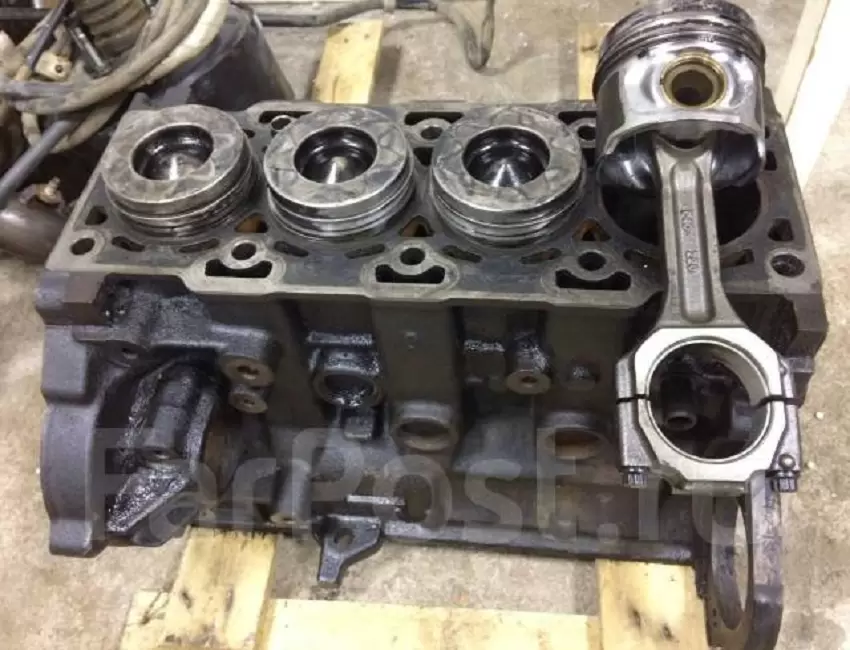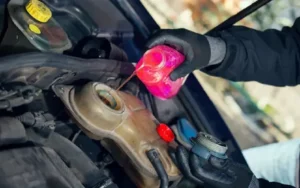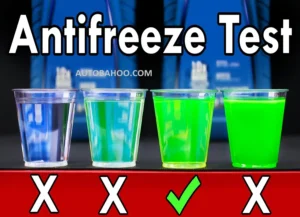Automobile drivers are usually terrified of Causes Engine Corrosion just like any other thing. It is a slow process that devours the life of an automobile causing it to incur huge expenses in terms of repairs and sometimes even completely destroying it.
Do not be scared anymore! With proper tips and early detection you can make sure that your engine stays well-functioning over time. Let’s take a trip down memory lane and see what actually engine health means with an emphasis on engine corrosion prevention strategies.
Understanding Causes Engine Corrosion
Corrosion of engines acts as a camouflaged hunter whose existence is not easily perceived until extensive devastation has taken place. This is an electrochemical reaction resulting from metal parts of your engine getting access to air and water resulting to rust formation among other ruinous items.
Types of Corrosion in Engines
Corrosion comes in many forms. To better address the issue, it is important to know the types:
- Chemical corrosion: Polluted oil or coolant can contain acids which could lead to exposure.
- Galvanic corrosion: It happens when two metals sticking differently touch each other while an electrolyte is present.
- High-temperature corrosion: Occurs in places of the engine that are subjected to very high temperatures such as exhaust valves.
- Crevice corrosion: Grows in confined areas with flexibility for water and pollution to be collected.
“Corrosion is a natural phenomenon but in an engine it is a time bomb ticking away. Understanding it is the first step in defusing that bomb.” John Smith Automotive Engineer
Common Areas Affected by Corrosion
Engine corrosion doesn’t play favorites but some areas are more susceptible than others:
- Cylinder walls
- Piston rings
- Valves and valve seats
- Water pump
- Radiator
- Engine block and cylinder head
The Culprits Behind Engine Corrosion
We have established that for us to control corrosion in engines effectively; it is fundamental that we understand its cause. Here is what causes them:
Environmental Factors
Mother Nature can be tough on engines. Here’s how:
- Humidity and moisture: Friendship between water and corrosion is a lifelong relationship whereas high humidity conditions make it possible for engine condensation which happens whenever there are changes in temperatures.
- Salt exposure: If near the coast, your engine is more likely to be at risk than if it is far away from the water or in areas where they do not frequently apply salt on roads during winter months.
- Air pollution: Acid rain and industrial pollutants can introduce corrosive substances into your engine.
Operational Factors
It is significant for engine wellbeing how you operate and handle your automobile:
- Short trips: When you make short trips too often, your engine may not be able to attain the required operating temperature which causes condensation to form.
- Prolonged inactivity: Staying too long in car leads to moisture building up and hence, corrosion begins.
- Overheating: Extreme temperatures can disintegrate superficial layers serving as defense against oxidation and boost rusting.
Maintenance-Related Causes
Neglecting vehicle care can have serious consequences:
- Skipping oil changes: Corrosion promotion is facilitated by the contamination and acidification of old oil.
- Using incorrect fluids: Inadequate protection from corrosion could be brought by wrong types of coolant or oil.
- Ignoring leaks: Your machine’s interior can be damaged by even the smallest of leaks in the coolant system.
The Domino Effect: Consequences of Engine Corrosion
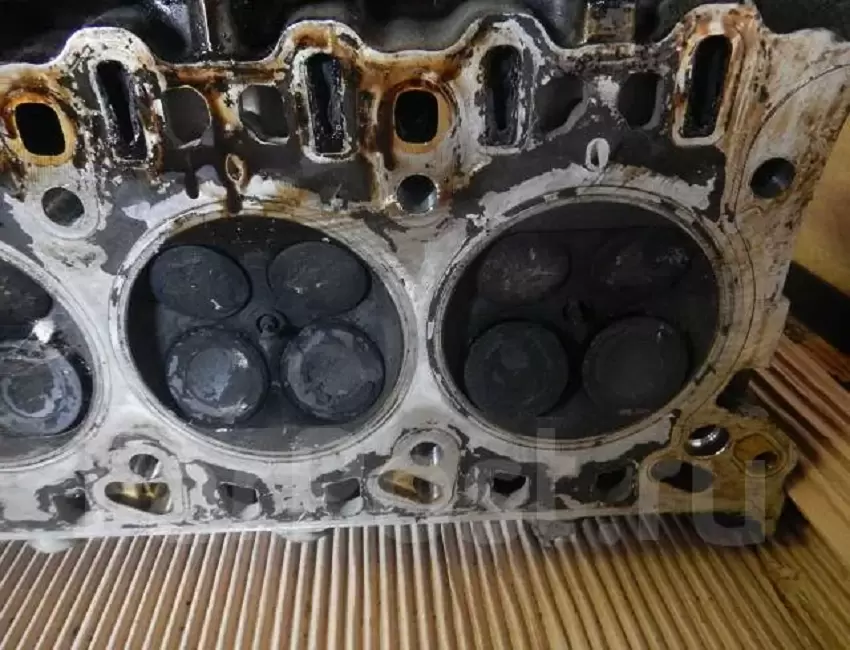
Ignoring engine corrosion can lead to a cascade of problems:
Performance Issues
- Reduced fuel efficiency
- Loss of power and acceleration
- Rough idling and misfires
Mechanical Damage
- Weakened engine components
- Increased friction and wear
- Coolant and oil leaks
Financial Impact
The cost of neglecting corrosion prevention can be steep:
| Repair | Average Cost |
| Engine rebuild | $2,500-$4,000 |
| Cylinder head replacement | $1,500-$3,000 |
| Water pump replacement | $300-$750 |
| Radiator replacement | $300-$1,200 |
Safety Concerns
- Unexpected breakdowns
- Potential for catastrophic engine failure
Your Shield Against Corrosion: Prevention Strategies
Now that we understand the enemy let’s arm ourselves with effective corrosion prevention tactics:
Regular Maintenance: The First Line of Defense
- Stick to the schedule: Stick faithfully to the recommended maintenance intervals by your creator.
- Quality matters: Use high grade oils and fluids designed for corrosion protection.
- Stay vigilant: in order not to let any fluids leak, it is imperative that you replace the worn gaskets and seals as soon as possible.
Driving Habits: Small Changes, Big Impact
- Warm it up: Allow your engine to reach operating temperature regularly.
- Take the long way: Occasional long drives help burn off moisture and contaminants.
- Avoid excessive idling: It can lead to condensation buildup.
Environmental Protection: Shielding Your Engine
- Provide shelter: Use a garage or car cover to protect your vehicle from the elements.
- Undercoating: Consider professional undercoating treatments for extra protection.
- Regular cleaning: Wash your car frequently including the engine bay to remove corrosive substances.
Coolant Management: Your Engine’s Lifeblood
Proper coolant maintenance is crucial for engine health:
- Check levels regularly: Maintain proper coolant levels and mixture ratios.
- Flush and replace: Follow recommended intervals for coolant replacement.
- Address issues promptly: Don’t ignore signs of cooling system problems.
“A well maintained cooling system is like a suit of armor for your engine against corrosion.” Jane Doe Automotive Technician
Advanced Protection Methods
For those looking to go the extra mile in rust prevention:
- Corrosion resistant coatings: Consider applying specialized coatings to vulnerable engine components.
- Engine block heaters: For instance, in frosty weather, these can minimize wetness accumulation on start-ups.
- Fuel additives: Fuel systems contain certain additives that are intended to prevent corrosion.
Case Study: The Cost of Neglect
Let us examine a concrete case of how disregarding engine care can result in tragedy:
John a busy professional often skipped oil changes and ignored a small coolant leak in his sedan. After two years of neglect his engine suddenly failed during a highway trip. The diagnosis? Severe corrosion had eaten through critical components requiring a full engine replacement.
Total cost: Six thousand five hundred dollars, exclusive of the tow and hours of labor lost.
This story is about teaching a lesson on why it is important for car owners to have their vehicles serviced regularly and tackle minor problems so as not to escalate them into major issues.
Early Detection: Your Secret Weapon
Catching engine corrosion early can save you thousands. Here’s how:
Visual Inspection Techniques
- Regular check-ups: Weekly, you should pop the hood open and inspect if there is any indication of rust or fluid leakages.
- Use a flashlight: Use bright lights to reach every corner free of dark spots for carefully examining.
- Check the oil: Dark gritty oil can indicate internal corrosion.
Warning Signs and Symptoms
Be on the lookout for these red flags:
- Visible rust on engine components
- Sweet smell (indicating coolant leaks)
- Excessive exhaust smoke
- Decreased performance or fuel efficiency
- Unusual engine noises
Professional Diagnostic Tools
Sometimes you need expert help. Professional mechanics use tools like:
- Borescopes for internal engine inspection
- Coolant/antifreeze testers to check for contaminants
- Oil analysis kits to detect metal particles
The Road Ahead: Maintaining Engine Health
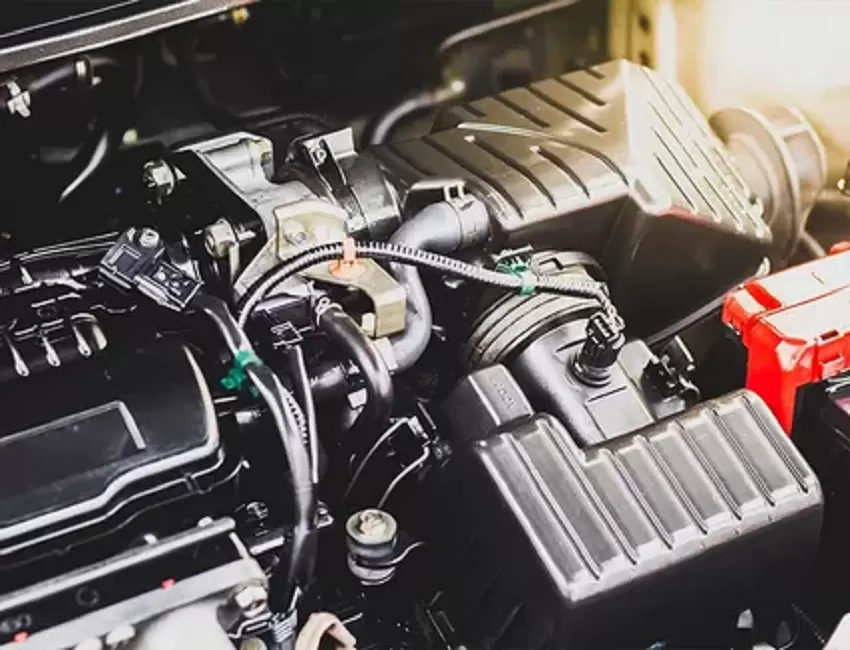
Corrosion of engines is really tough but if you have the right strategy, your automobile can serve you without problems for years. Remember these key points:
- Stay vigilant: Your best defense is regular inspections and maintenance.
- Act fast: Address any signs of corrosion or leaks immediately.
- Invest in prevention: The price of stopping rusting is indeed much lower than the price that one has to part with whenever there are repairs.
- Drive smart: In the long run of engine life, your driving way can be very important.
- Seek expert help: A professional is the best person to go for in times of uncertainty.
If you follow the guidelines listed above and give priority to taking care of your engine, it will be possible not only to save money in the long run but also have an engine that is more dependable and efficient.
Recommended Products for Corrosion Prevention
To help you in your rust prevention journey here are some top rated products:
- CRC Marine Heavy Duty Corrosion Inhibitor: This is great for keeping metal parts safe from damage.
- Sea Foam Motor Treatment: Aiding in the cleanup and safeguarding of interior units in a car’s engine.
- Rust Oleum Rust Reformer: Excellent for treating rust stains already present.
- AMSOIL Engine and Transmission Flush: Aids in the elimination of dangerous buildups and sediments.
The very best product is the one that you constantly use as part of your regular car maintenance schedule.
Conclusion: Your Engine’s Future is in Your Hands
Engine rust can be quite an adversary, but if you are knowledgeable and proactive enough, you can hold back its destructive forces. You would not only be protecting an object of a machine but also a valuable commercial asset by using these strategies for controlling corrosion and prioritizing engine care. Additionally, it ensures road safety for you and conceivably saves hundreds in repair expenses later on.
Don’t wait until your device starts showing symptoms of rust. Do something now to save your machine from dying. Schedule a corrosion check up with your trusted mechanic invest in quality maintenance products and commit to regular care. Your future self (and your wallet) will thank you.
We should bear in mind that prevention is always better than cure when it comes to vehicle maintenance. By keeping the engine clean, protected and running smoothly, it will serve us well for many miles ahead.
FAQ: Causes Engine Corrosion
Q: How often should I check for engine corrosion?
A: Inspect your engine monthly for visible signs of corrosion. Pay close attention during oil changes. professional inspections during regular maintenance visits provide the most thorough assessment of your engine’s condition against corrosion.
Q: Can using premium fuel prevent engine corrosion?
A: Premium fuel doesn’t directly prevent corrosion. It’s more about proper maintenance. Regular oil changes using the right coolant and addressing leaks promptly are far more effective in preventing engine corrosion than fuel grade alone.
Q: Is engine corrosion covered under warranty?
A: Most warranties cover corrosion related issues but with conditions. Cove Not Included Usually Normal Idle And Tear Or Neglections Are Found. According elate Your Vehicle As Expected By The Company And Keep Service Records This Way In Case There Is Need For A Guarantee To Be Made.
Q: Can I drive with a corroded engine?
A: It’s risky to drive with known engine corrosion. The extent of damage determines safety. Minor surface corrosion might be okay short term but significant corrosion can lead to sudden failure. Always consult a mechanic for proper assessment.
Q: How much does it cost to fix engine corrosion?
A: Diversity of expenses is based on how severely the corrosion has affected an object or component. Small treatments cost some thousands of dollars whereas considerable damage can lead to having an entire engine replaced at times going beyond even $5,000 as per reports from various mechanics. It is cheaper in the long run to have regular maintenance done than pay for repairs.

With over 5 years of dedicated experience in the automotive industry, I am passionate about all things automotive. My journey began with a deep curiosity for automobiles, which led me to delve deeper into their mechanics, technology and trends. My expertise spans various aspects of the automotive world, from the latest electric vehicles to classic car restoration techniques. Through my articles, I aim to share my knowledge and insights, helping readers stay informed and inspired in the fast-paced world of the automobile.
